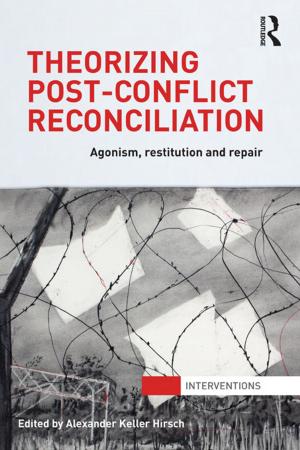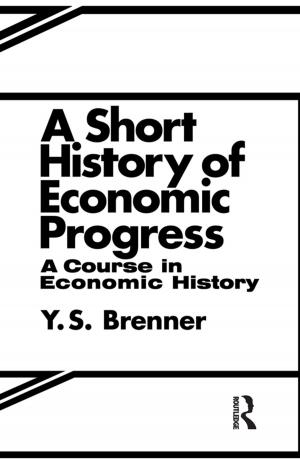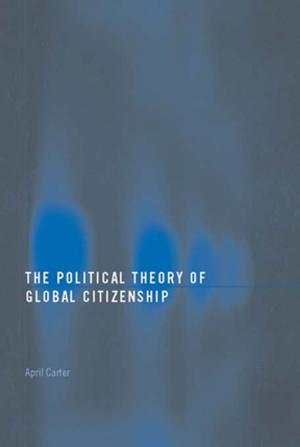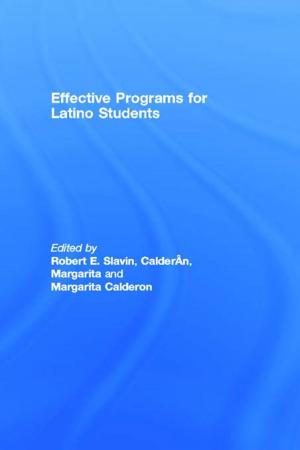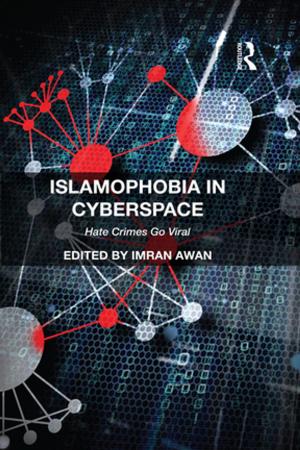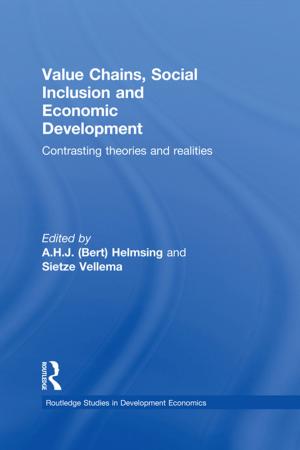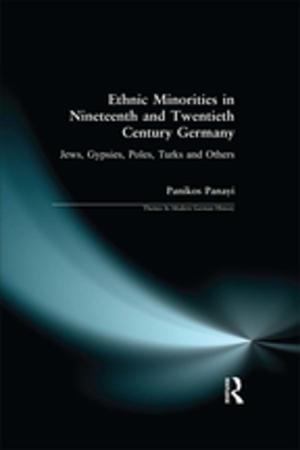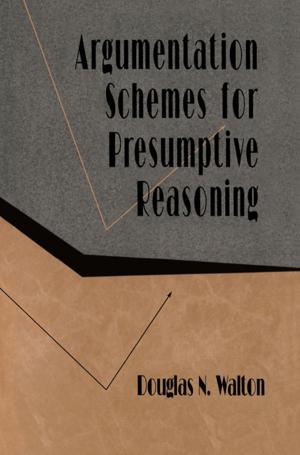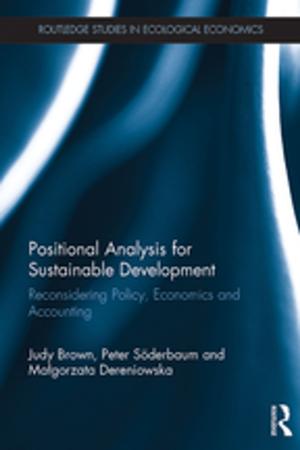| Author: | David Mathew | ISBN: | 9780429913914 |
| Publisher: | Taylor and Francis | Publication: | March 22, 2018 |
| Imprint: | Routledge | Language: | English |
| Author: | David Mathew |
| ISBN: | 9780429913914 |
| Publisher: | Taylor and Francis |
| Publication: | March 22, 2018 |
| Imprint: | Routledge |
| Language: | English |
What are the barriers and obstacles to adults learning? What makes the process of adult learning so fragile? And what exactly do we mean by Fragile Learning? This book addresses these questions in two ways. In Part One, it looks at challenges to learning, examining issues such as language invention in a maximum security prison, geography and bad technology, and pedagogic fragility in Higher Education. Through a psychoanalytic lens, Fragile Learning examines authorial illness and the process of slow recovery as a tool for reflective learning, and explores ethical issues in problem-based learning. The second part of the book deals specifically with the problem of online anxiety. From cyberbullying to Internet boredom, the book asks what the implications for educational design in our contemporary world might be. It compares education programmes that insist on the Internet and those that completely ban it, while exploring conflict, virtual weapons and the role of the online personal tutor.
What are the barriers and obstacles to adults learning? What makes the process of adult learning so fragile? And what exactly do we mean by Fragile Learning? This book addresses these questions in two ways. In Part One, it looks at challenges to learning, examining issues such as language invention in a maximum security prison, geography and bad technology, and pedagogic fragility in Higher Education. Through a psychoanalytic lens, Fragile Learning examines authorial illness and the process of slow recovery as a tool for reflective learning, and explores ethical issues in problem-based learning. The second part of the book deals specifically with the problem of online anxiety. From cyberbullying to Internet boredom, the book asks what the implications for educational design in our contemporary world might be. It compares education programmes that insist on the Internet and those that completely ban it, while exploring conflict, virtual weapons and the role of the online personal tutor.


